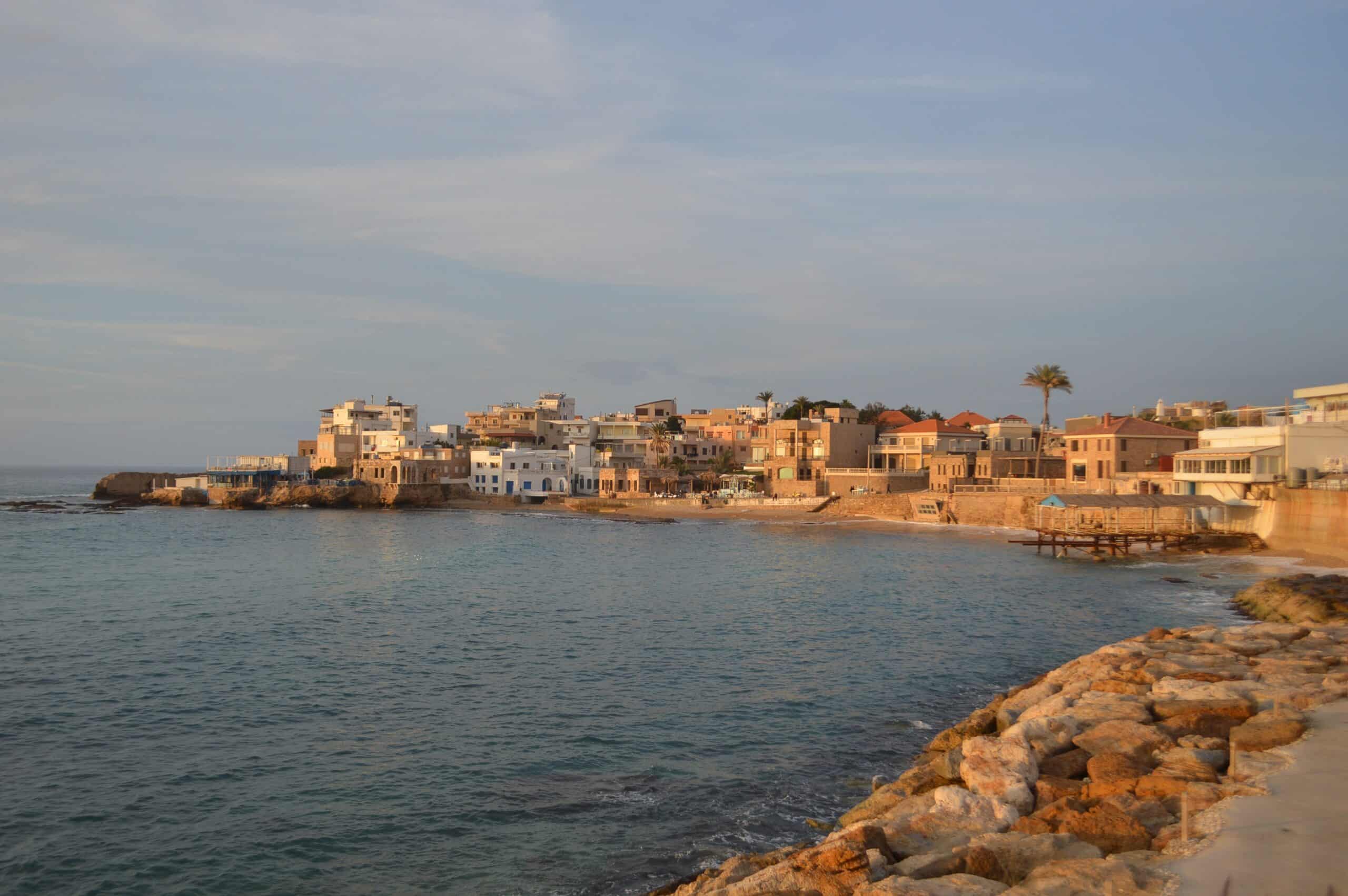Batroun, one of Lebanon’s ancient coastal cities, is a treasure trove of history and culture, but much of its heritage remains undiscovered. With Phoenician ruins, Roman artifacts, a medieval castle, Byzantine-style churches, and arcaded Ottoman souks, Batroun has a rich history that dates back to before the Phoenician era. Yet, the true origins of the city remain a mystery.
Batroun remains a mystery
The origins of Batroun are still a mystery: While the city is known for its rich history and cultural heritage, its true origins are not fully understood. Some experts believe that the city dates back to the time of the Phoenicians, while others suggest that it could be of Roman or even Crusader origin. Despite extensive excavations and research, the city’s true history remains a mystery.
Batroun has many archaeological treasures
Batroun has a wealth of undiscovered archaeological treasures: According to excavator and former Greenpeace activist Georges Mubarak, there are many archaeological treasures waiting to be discovered in Batroun. These include ancient pottery, jade artifacts, and glass objects. Mubarak believes that there are many structures and vestiges buried underneath the city that have yet to be uncovered.
Batroun used to be a trade center
Batroun was once the largest trade center on Lebanon’s coastline: In the early 19th century, Batroun was the largest trade center on Lebanon’s coastline. The city’s strategic location and thriving port made it a hub for trade, with merchandise being imported and exported through its port. Today, the city’s economy is largely focused on tourism.
Batroun has crystal-clear waters
Batroun’s seafront is pollution-free: Unlike many other coastal cities in Lebanon, Batroun’s beaches are known for their crystal-clear waters and lack of pollution. This is due to the city’s proper infrastructure for sewers, which has prevented pollution from damaging the seafront.
Batroun has a special feature
Batroun is home to the “Phoenician wall”: One of the most fascinating features of Batroun is the “Phoenician wall”. The wall was sculpted more than 2,000 years ago by the city’s inhabitants using sandstone quarried from the area. Only 225 meters of the original 1-kilometer-long wall remains, but it is still a stunning example of the city’s ancient heritage.
Image Credit: Christelle Hayek on Unsplash



















